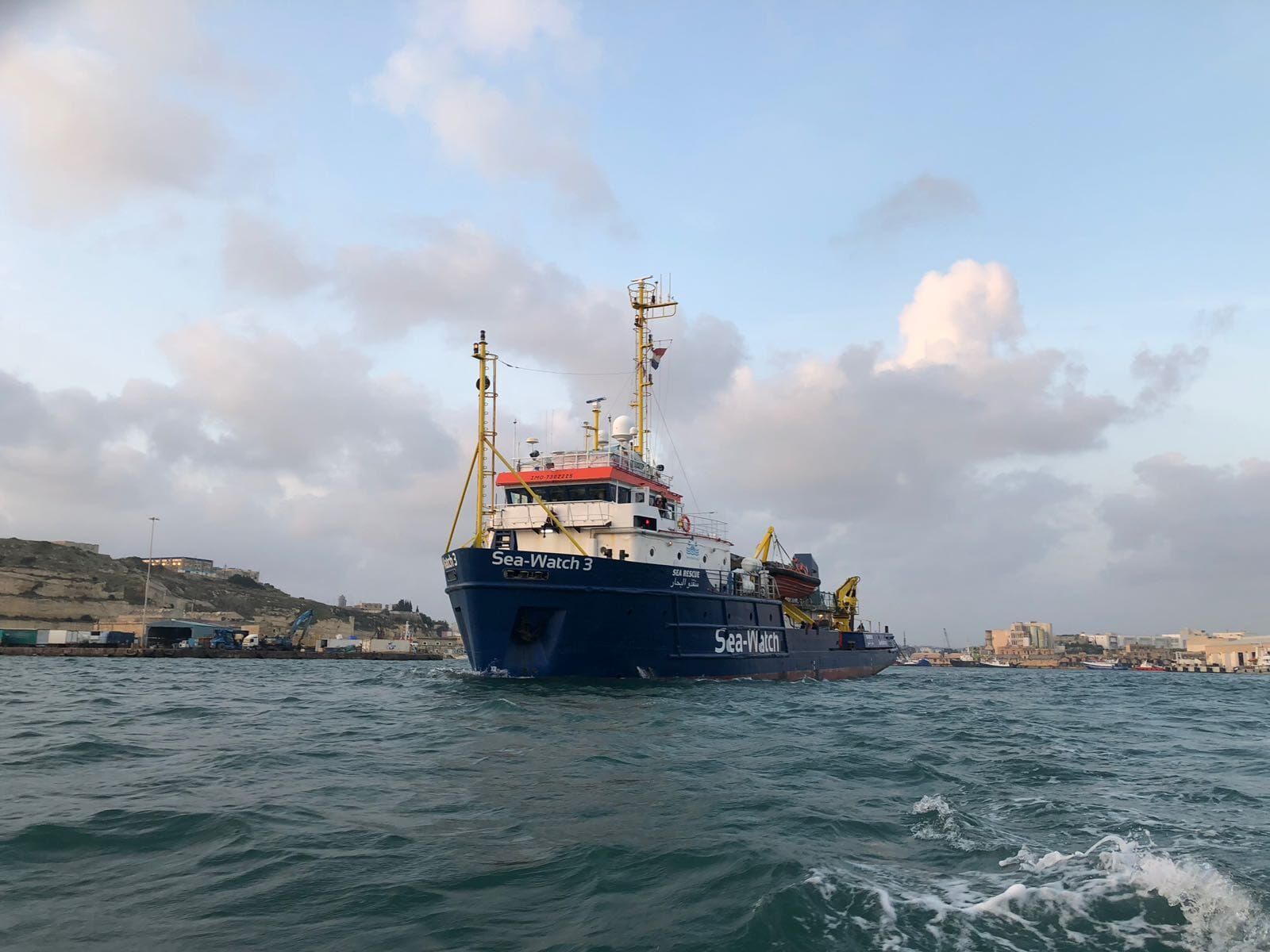The NGO Sea-Watch has initiated summary proceedings against the application of a regulation of the Minister of Infrastructure. The Minister of Infrastructure had issued the regulation with immediate effect on 2nd April 2019. As a result of the regulation, Sea-Watch was no longer allowed to sail with its ship, the Sea-Watch 3. Sea-Watch uses its ship to monitor the humanitarian emergency in the Central Mediterranean Sea and to rescue people found in distress.
The Court of First Instance has already ruled that the legislation infringes the principle of legal certainty, because the contents of the legislation is not sufficiently clear. On appeal, Sea-Watch claimed that, once the legislation had been clarified, it should be granted a transitional period in which to adapt the vessel to the new requirements. Today, the Court of Appeal of The Hague granted Sea-Watch's claim and prohibited the State from applying the scheme to Sea-Watch until 31st December 2019.
In the proceedings the State held that safety interests were the reason for issuing the scheme without a transitional period. In its judgment, the Court says about this:
"In any case, it is true that the opinion of the State, which is still valid at the time of the establishment of the regulation, shows that in its opinion the interests of Sea-Watch to be granted a transitional period outweigh the safety interests that the regulation is intended to serve. In view of this, there is every reason to put into perspective the significance of the safety interests pursued by the State by introducing the regulation with immediate effect: the application of the policy change described in consideration 1.b to ships such as the SW3 is not as urgent as the State has made it appear after January 2019. Since the interest of Sea-Watch to be granted a transitional period (also) mean that drowning people can be saved (see consideration 4.5), the Court of Appeal is of the opinion that the adverse consequences of omitting a transitional period in the regulation are disproportionate in relation to the objective to be served, the meaning of which, as has just been determined, must be put into perspective".
The Court of Appeal therefore considered the regulation to be contrary to the principle of proportionality and the principle of material due diligence, and therefore unlawful.
Sea-Watch was represented in these proceedings by Lisa-Marie Komp.
For news items about the judgment (in Dutch) see:
- NRC, Court of Appeal: Sea-Watch granted until 2020 to adapt ship, 1st August 2019
Previously
- Judge determines in preliminary relief proceedings that Sea-Watch may continue to sail
- Sea-Watch starts proceedings against Dutch State
